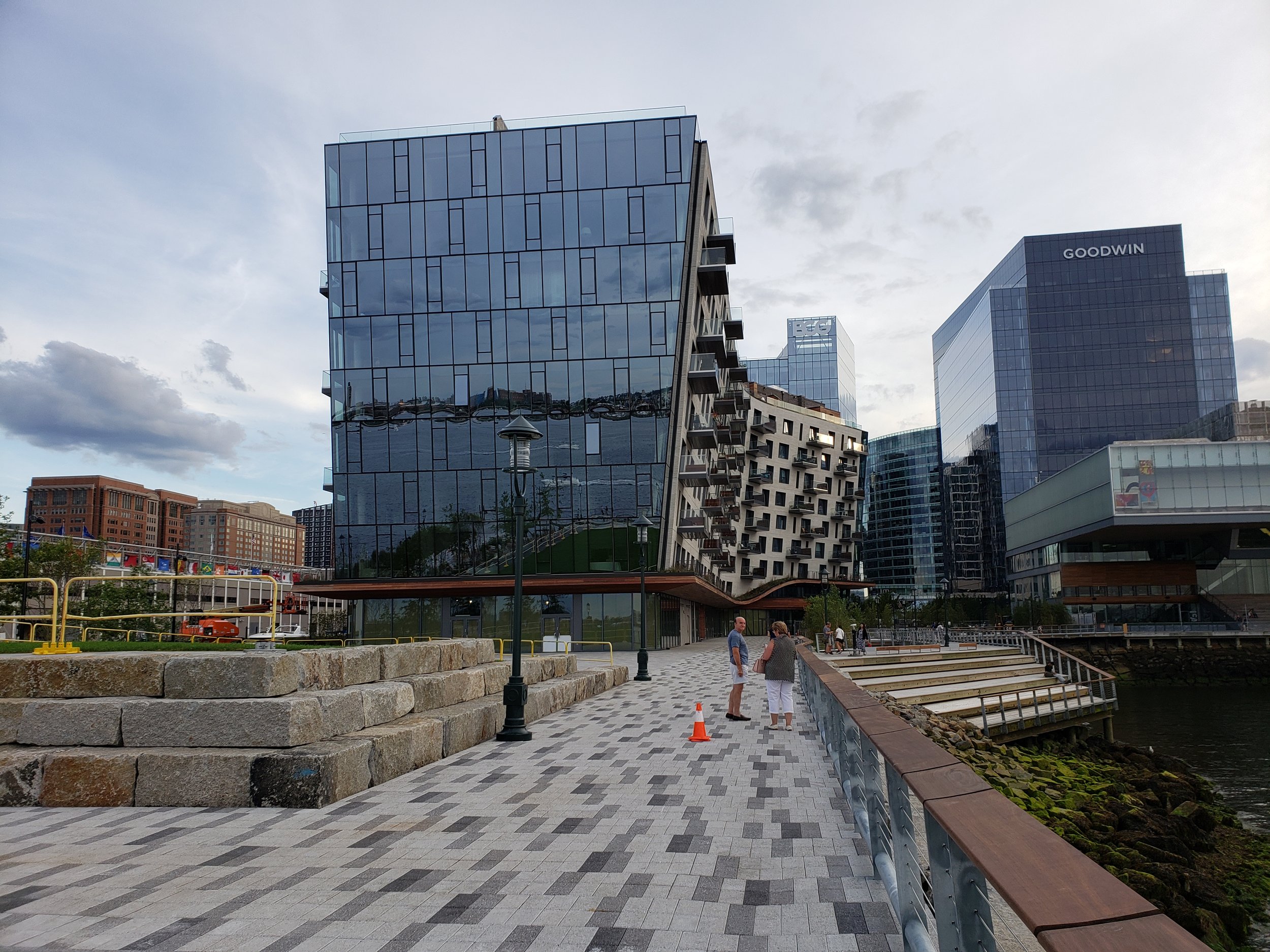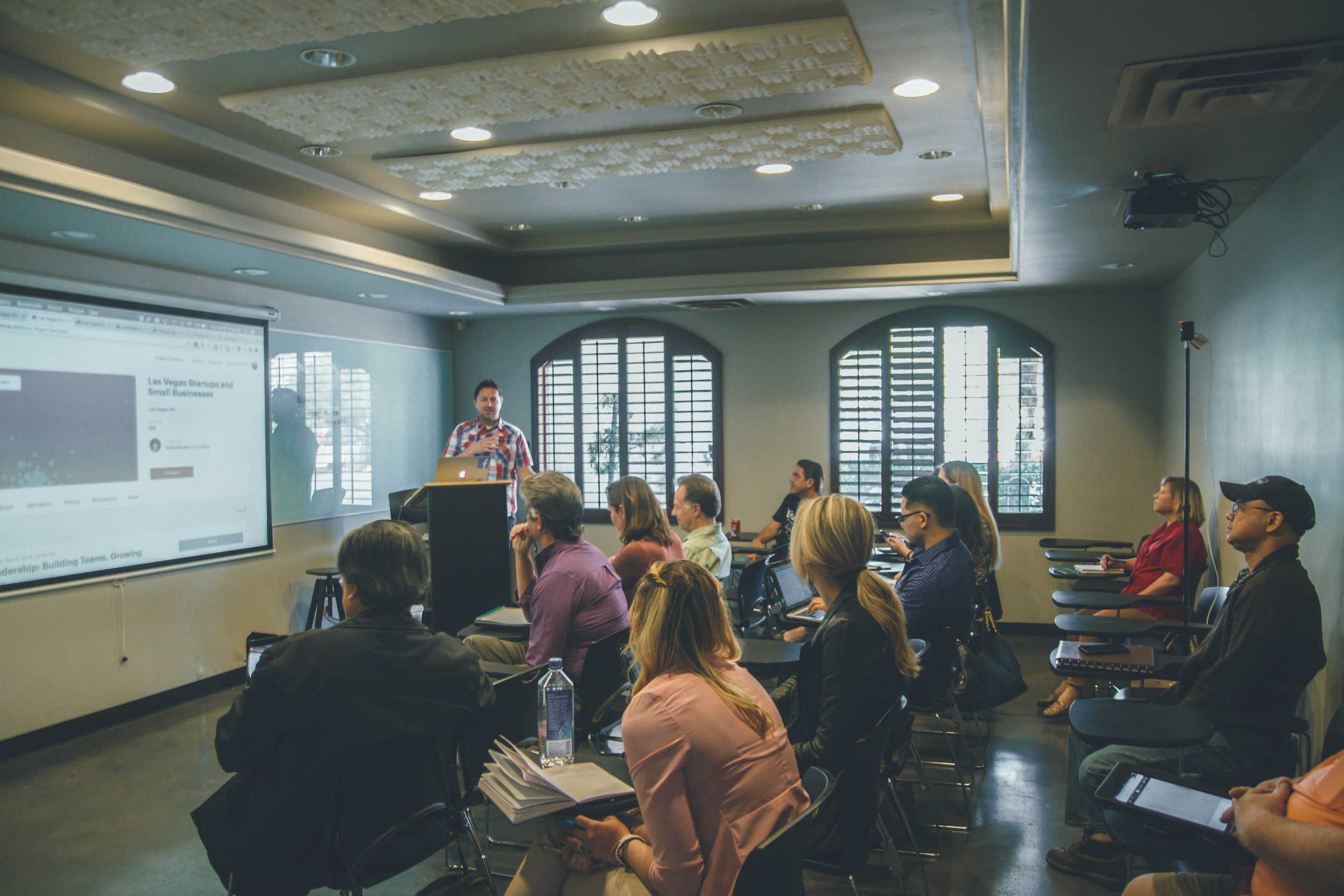
Local Social Service Organizations and their Relationship to Disadvantaged Neighborhoods
In our empirical study on “Radicalizing Spaces,” we examine whether disadvantaged neighborhood effects – operationalized in our case as susceptibility to radicalization – can be mitigated or even prevented by LSSOs. We focus our analysis on susceptibility to Islamist ideologies. The study was conducted in three German cities: Dortmund, Bonn, and Berlin. The survey was designed so that conclusions could be drawn about almost every district in each city. The topics of the survey focused on susceptibility to radicalization, participation in LSO services, and in-dividual attitudes and behaviors.

Compact City and Mayoral Entrepreneurship
The “compact city” is one of the key responses of urban policy for tackling the pressing challenges that cities are facing, such as environmental sustainability, economic viability, and social cohesion. Nonetheless, understanding Japan's compact city policies requires considering the historical trajectories of past events and decisions made by policymakers.

Red, Blue, and Going for Gold
Hosting the Olympics in U.S. cities comes with unique challenges regarding planning and execution, given that due to the federalist system of government the responsibility of planning and hosting the games largely falls on state and local governments (Schimmel 2006). Many city officials now question the benefits of hosting the Olympics, given that many games have run over budget and residents of potential host cities have organized against the games, including recent bids from Boston and Chicago. Residents of Olympic host cities and potential host cities have expressed concerns regarding increased public spending, construction of Olympic facilities altering the public landscape, overcrowding, and gentrification of urban neighborhoods.

Collaborative planning in the context of deindustrialization
In the early 1990s, along the once-industrialized Mahoning River in Northeast Ohio, a small-town mayor faced a challenging set of forces when trying to solve local problems. With the steel industry long gone, the town’s future had been hindered by a series of low-level dams and industrial contamination in and along the river. These and other serious problems extended across the region – through other small, river-adjacent towns and nearby Youngstown.

Working in the crisis
While the COVID-19 pandemic was, first and foremost, a health crisis, it presented a profound challenge to local economies around the world. Day-to-day business was suspended, and employers were forced to adapt to rapidly evolving working conditions. An external, global pressure issued an abrupt shock to the economic system of communities. While certainly profound and currently the first-to-mind example of economic shock, it is just one of many global pressures that local economies have had to contend with. In the face of global forces, how do local economic practitioners react and empower their communities to shape their own economic destiny?

Place-Based Policy and Neighborhood Business Density
Economic disparities within cities and across regions have long posed challenges for policymakers aiming to revitalize struggling communities. For decades, the Community Development Block Grant (CDBG) program has been a cornerstone of place-based investment strategies in the United States, offering local governments flexible funds to improve economic and social conditions in low-and-moderate income communities.

Explaining Value Capture Implementation in New York, London, and Copenhagen
Value capture (VC) is widely cited as a method for local authorities to continue to provide urban public goods, such as public transport or measures to make neighborhoods more climate-resilient, in the face of fiscal stress. It is based on the idea that public investments create financial value in their surroundings that accrues to various beneficiaries. In theory, this value can be captured to fund those investments. However, the application of novel value capture strategies in practice remains limited. In this article, we aim to provide a better explanation of the implementation process of value capture as a strategy for funding public transportation infrastructure.

Community Benefits Through an Anchor
This project explores how anchor developers are contested throughout their planning and what the outcomes of these contestations teach us about accountability in urban governance. I look at this phenomenon through the case of the planning of the Obama Presidential Center (OPC), an anchor institution built by the Obama Foundation that features a museum of President Barack Obama’s presidency and a campus for Foundation programs. The Obama Foundation partnered with another nearby anchor, the University of Chicago, to plan the future OPC, which will be constructed in Chicago’s Woodlawn neighborhood. The University has a fraught relationship with Woodlawn residents due to its racist treatment towards Black residents spanning back through the 20th century.

Innovation Districts
Innovation districts have gained attention as a fast-spreading urban economic development strategy, raising numerous questions. What are their distinguishing attributes? Are they a substantive policy innovation? Are they likely to succeed in fostering innovation and economic dynamism? Innovation districts have been strongly promoted (by the Brookings Institution and by the Global Institute on Innovation Districts among others) and are proliferating as a popular strategy for urban economic development.

Inaccuracies in Low Income Housing Geocodes
Since 1987, the Low Income Housing Tax Credit (LIHTC) has funded more than 90% of subsidized housing built in the United States. Thus, the LIHTC database—maintained by the Department of Housing and Urban Development—is the primary source of insight into where and when affordable housing is built. For researchers or policymakers hoping to map affordable housing, it is critical to know if the geocodes provided by HUD in this dataset are accurate. By reviewing multiple samples of thousands of LIHTC developments individually, we find that HUD-provided geocodes for housing subsidized by the LIHTC are frequently inaccurate.

Making the Economic Development Process Accessible to Students
Economic development is a complex process by which local entities compete for development projects. Theory development in this area has ranged from descriptions of the economies of corporate clustering, transportation cost networks, central place theory, growth machine theory, and transaction cost theories to name a few. While these theoretical perspectives provide a basis for understanding “why” cities need economic development to survive in a highly competitive, fractured metropolitan space, these theories do little to show students the “how” of economic development decision-making.